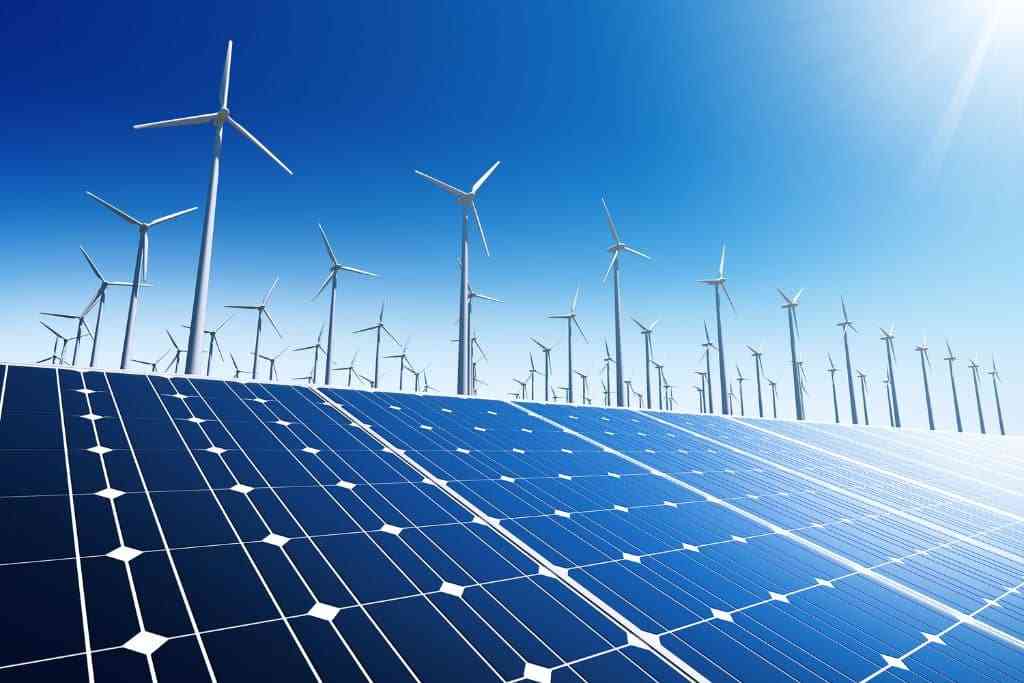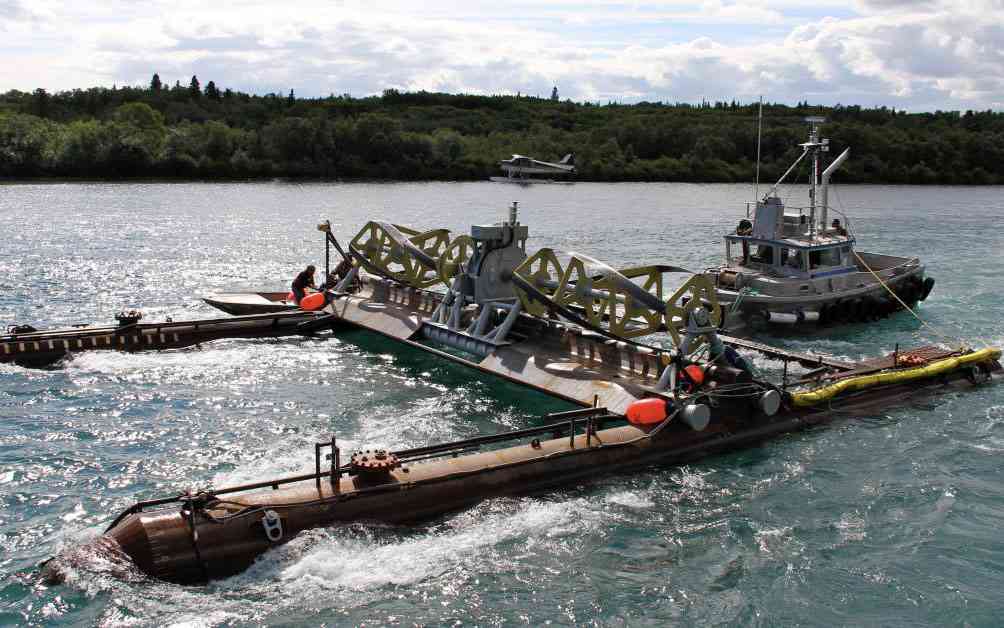
Zimbabwe stands at a defining moment. As a nation richly blessed with natural resources and abundant renewable energy potential, we have every opportunity to become an energy-secure and industrially competitive economy.
Yet, our power deficit continues to act as a bottleneck to sustainable growth, job creation, and the full realisation of Vision 2030.
For decades, underinvestment in the energy sector has constrained industrial capacity, undermined investor confidence, and forced Zimbabwe to rely on costly power imports.
To break this cycle, Zimbabwe must act boldly and decisively. One practical, transformative solution is the establishment of an Energy Emergency Fund (EEF) — a dedicated financing mechanism that would catalyse investment, de-risk projects, and accelerate energy generation and distribution.
Why an EEF is urgent
An EEF would not merely be a financial pool; it would be a national strategic instrument to stimulate investment in the energy sector. Its importance can be viewed across several critical dimensions:
- Bridging the financing gap
Zimbabwe requires billions of dollars in investment to close the energy deficit. Traditional public financing is insufficient.
An EEF would mobilise blended finance, pooling resources from government, private sector investors, multilateral development banks, and climate finance institutions.
- Injuries, withdrawals hamper Sables’ WC preps
- Entertainment galore as showbiz regains its spark
- Another Makhadzi, Jah Prayzah collabo on the horizon
- Let the music play at JamAfro Festival
Keep Reading
- De-risking private investment
Many independent power producers (IPPs) are hesitant due to policy, currency, and market risks.
The EEF could provide guarantees, viability gap funding, and concessional lending — creating a secure environment for investors.
- Accelerating renewable energy deployment
Zimbabwe enjoys over 300 days of sunshine annually and has untapped hydro and wind resources.
An EEF would prioritise renewable and hybrid projects, supporting climate change mitigation while reducing reliance on imports and fossil fuels.
- Strengthening transmission and distribution
Power generation alone is not enough; the grid must be modernised to absorb and distribute new capacity.
EEF resources could also support critical infrastructure upgrades to ensure reliable and efficient energy delivery.
Alignment with Zimbabwe’s development agenda and global goals
An EEF is consistent with Zimbabwe’s National Development Strategy 1 (NDS1) and the government’s commitment to industrialisation and inclusive growth. It also directly supports the United Nations Sustainable Development Goals (SDGs), including:
-SDG 7 (Affordable and Clean Energy): Expanding renewable capacity ensures universal access to sustainable power.
-SDG 8 (Decent Work and Economic Growth): Reliable power enables industry, commerce, and innovation.
-SDG 9 (Industry, Innovation, and Infrastructure): Strengthening the energy grid supports regional competitiveness.
-SDG 13 (Climate Action): Transitioning to clean energy reduces carbon emissions and builds resilience.
-SDG 5 (Gender Equality): Energy access empowers women and youth with new opportunities in renewable energy value chains.
Benefits to Zimbabwe and the region
The EEF would generate multi-sectoral benefits:
-Industrial growth: Power availability will unlock manufacturing, mining, and agro-processing potential.
-Job creation: Renewable energy projects generate thousands of skilled and semi-skilled jobs.
-Health and education: Hospitals, schools, and digital learning platforms require reliable power to thrive.
-Climate resilience: Clean energy adoption positions Zimbabwe as a climate leader within SADC.
Regional trade: Reliable power will allow Zimbabwe to contribute to the Southern African Power Pool (SAPP), earning foreign currency through exports.
Role of investors and development partners
The EEF will succeed if it leverages strategic partnerships with both public and private actors:
-Multilateral Agencies (UNDP, UNEP, World Bank, AfDB): Can provide seed financing, technical expertise, and climate-linked grants.
-Private Investors: Gain bankable opportunities in renewable energy, supported by guarantees and a stable policy framework.
-Sadc collaboration: Pooling resources through regional cooperation will strengthen cross-border energy security.
-Climate finance mechanisms (Green Climate Fund, Global Environment Facility): Provide concessional finance aligned with global climate action.
Policy recommendations for implementation
- Legislative backing: The EEF should be anchored in law to ensure transparency, accountability, and continuity.
- Governance structure: A multi-stakeholder board involving government, private sector, and civil society should oversee the fund.
- Priority pipeline: Fast-track bankable projects, starting with solar farms, hybrid mini-grids, and rehabilitation of existing plants.
- Currency stability measures: Mechanisms to safeguard investors against currency fluctuations.
- Community engagement: Ensure local participation to promote ownership and equitable benefit-sharing.
Zimbabwe is open for business
Zimbabwe’s message to the world is clear: we are open for business and ready for investment in energy. With vast solar irradiation, natural resources, and a peaceful, investment-friendly climate, Zimbabwe is positioned to become a regional energy hub.
But to achieve this, we must act now. An EEF is the catalytic instrument we need to unlock capital, inspire confidence, and accelerate delivery.
A call to action
I urge: The government prioritised the creation of the EEF as a flagship initiative under NDS1.
Regional partners in Sadc to collaborate in building shared energy security and trade.
International investors and development agencies seize this moment to partner with Zimbabwe in transforming its energy future.
By working together, we can power homes, industries, and dreams — ensuring that Zimbabwe not only lights up its own path but also illuminates the region’s journey towards a sustainable and prosperous future.
*Edzai Kachirekwa is the chief executive officer of Power Giants Group. He can be reached at emai: [email protected]











